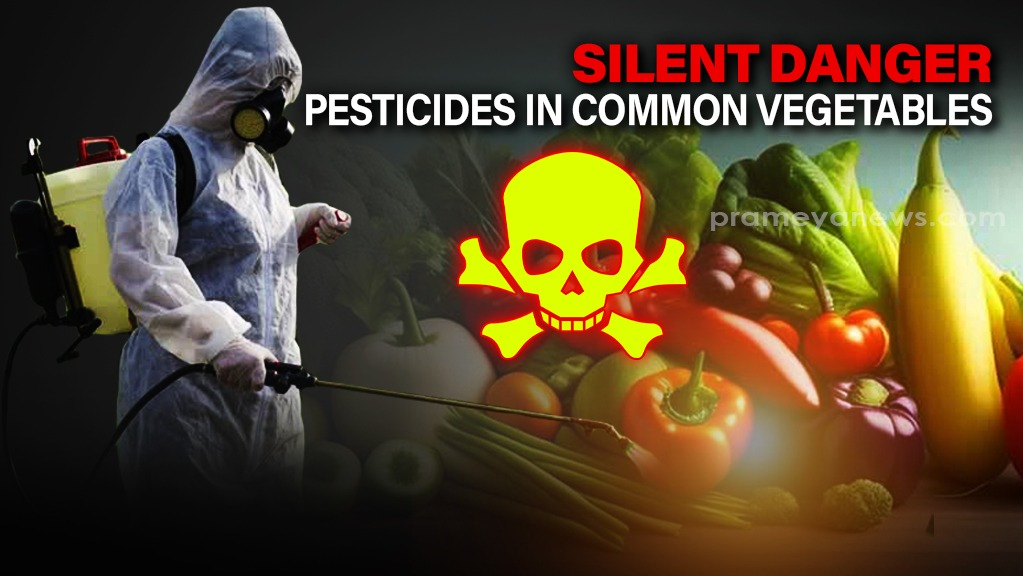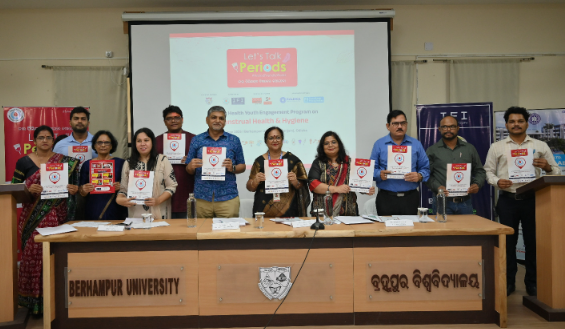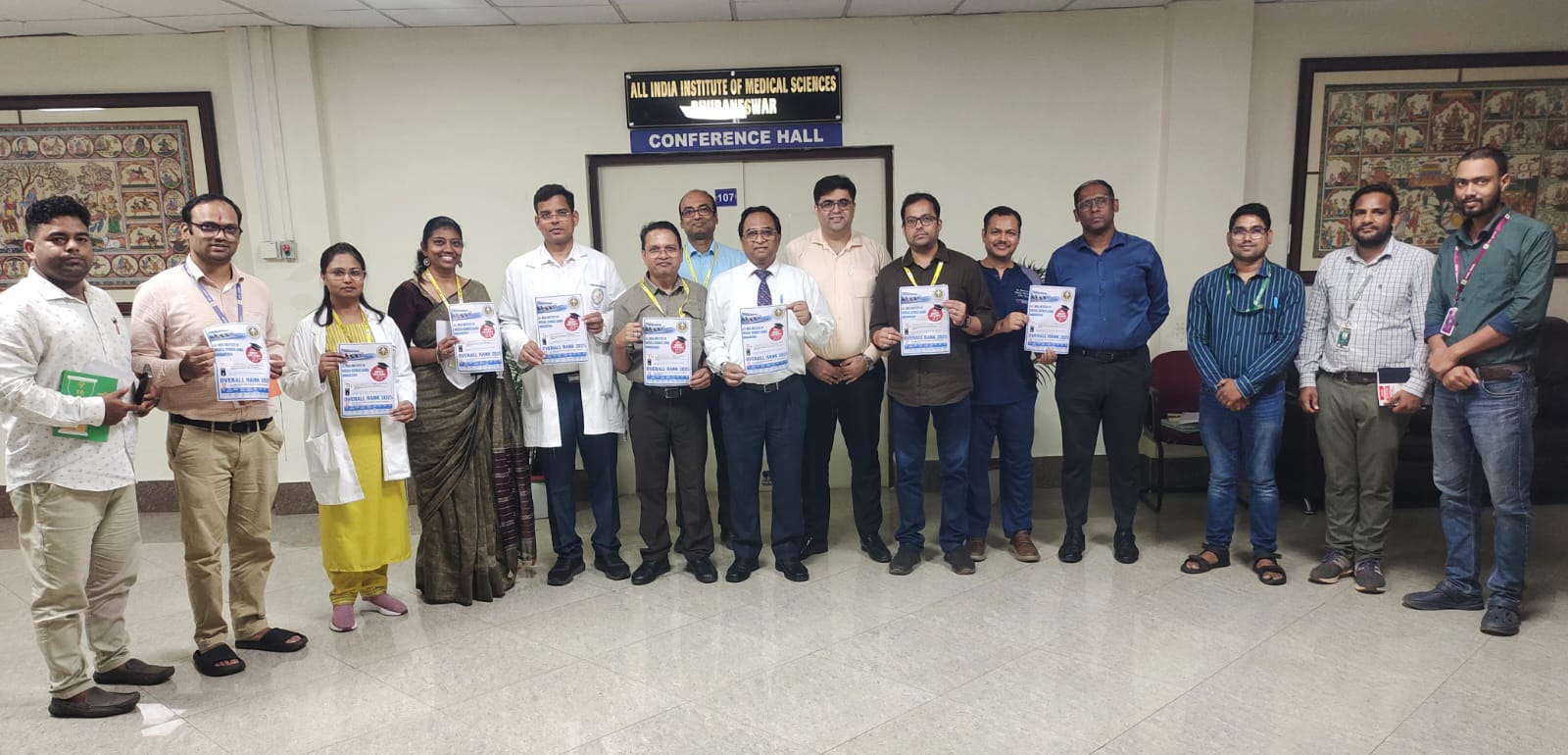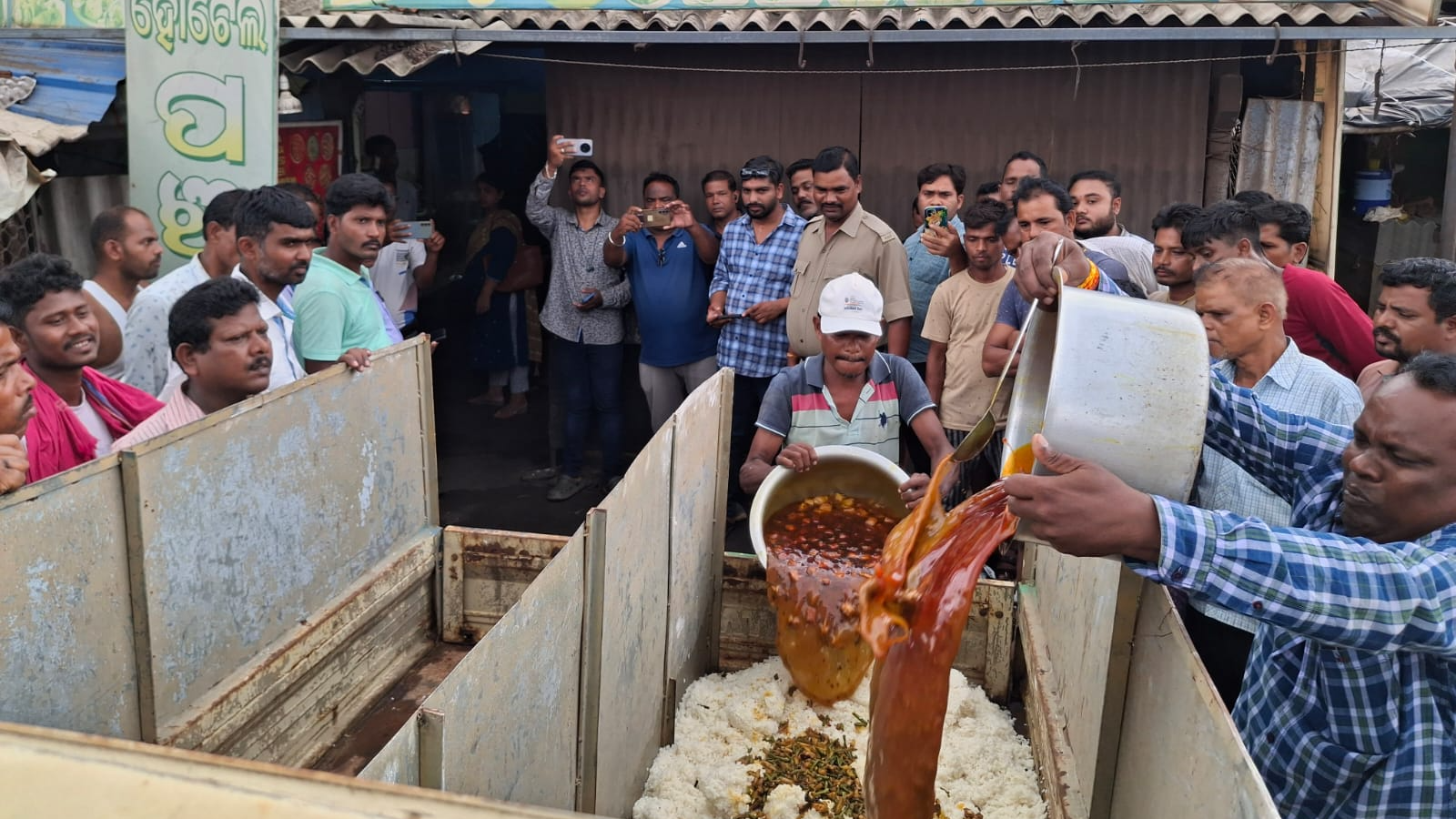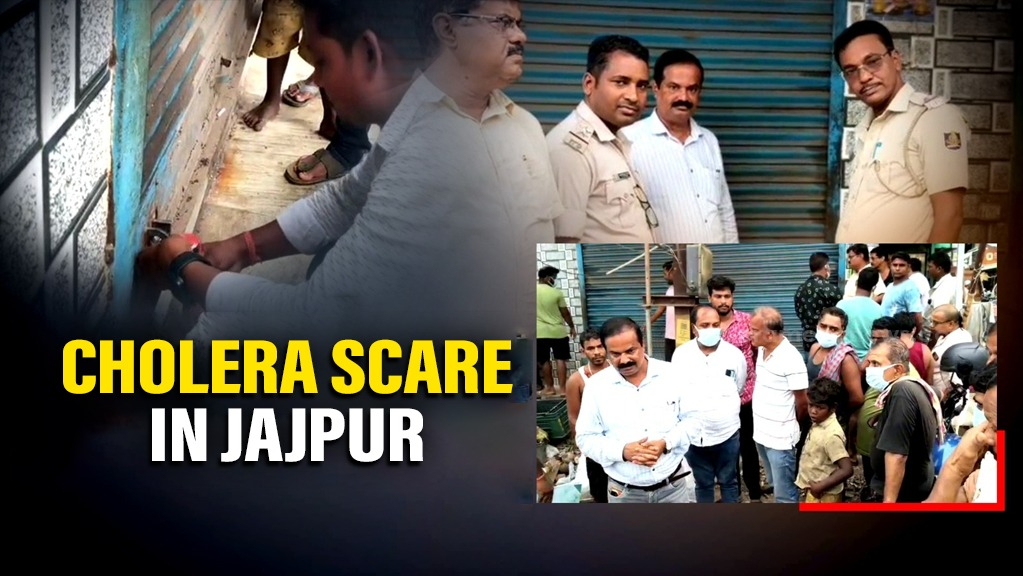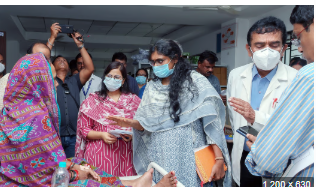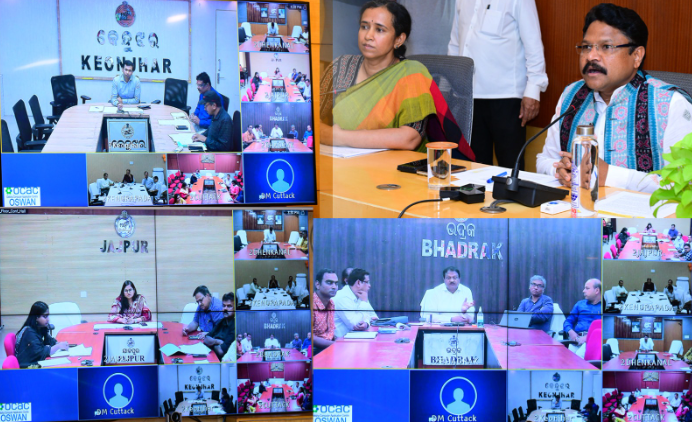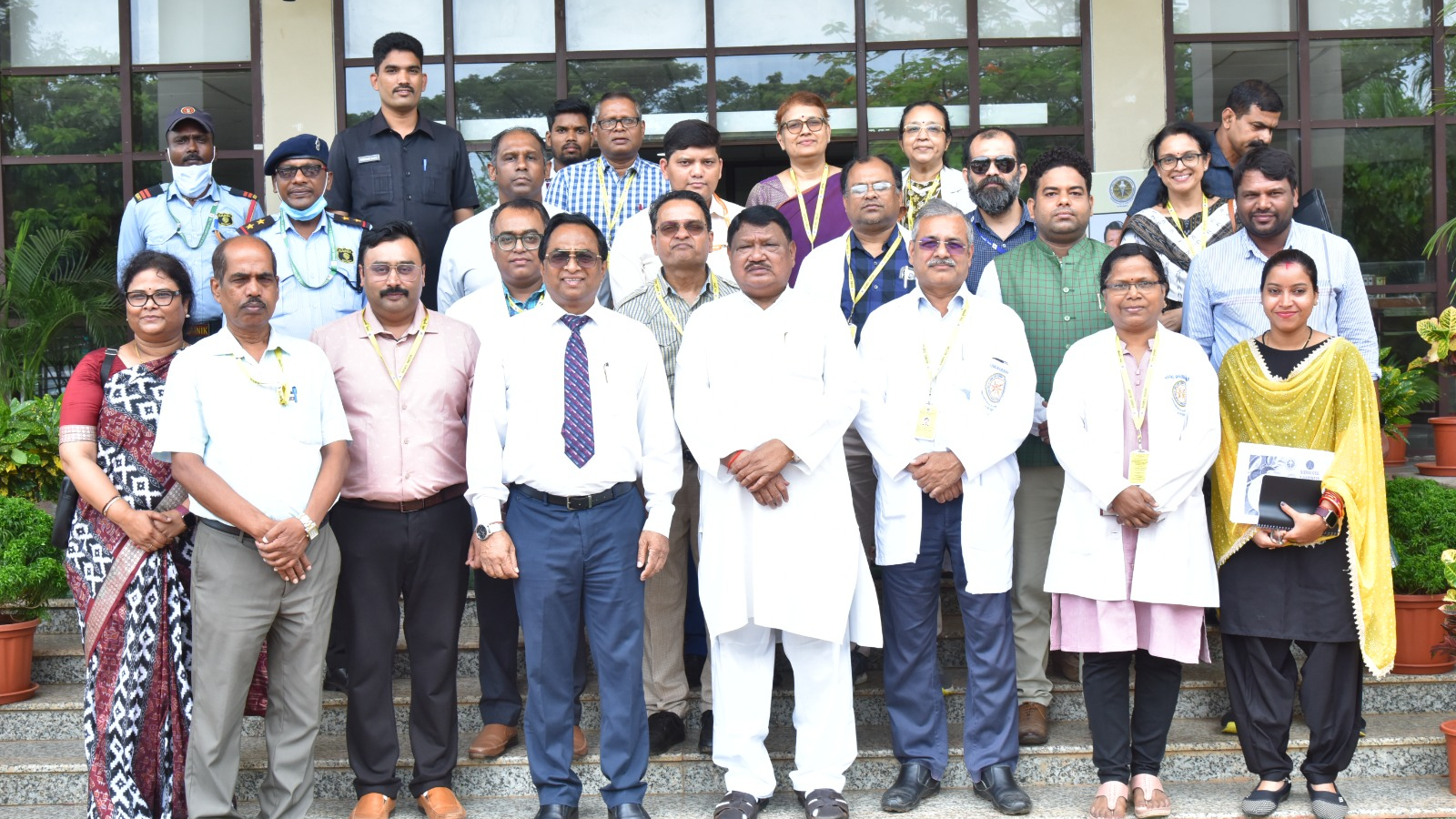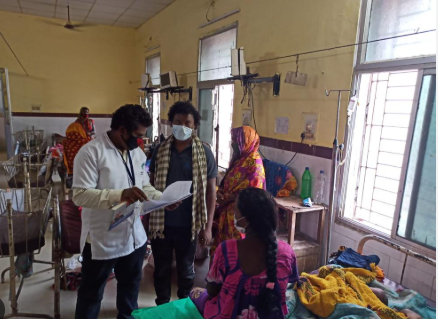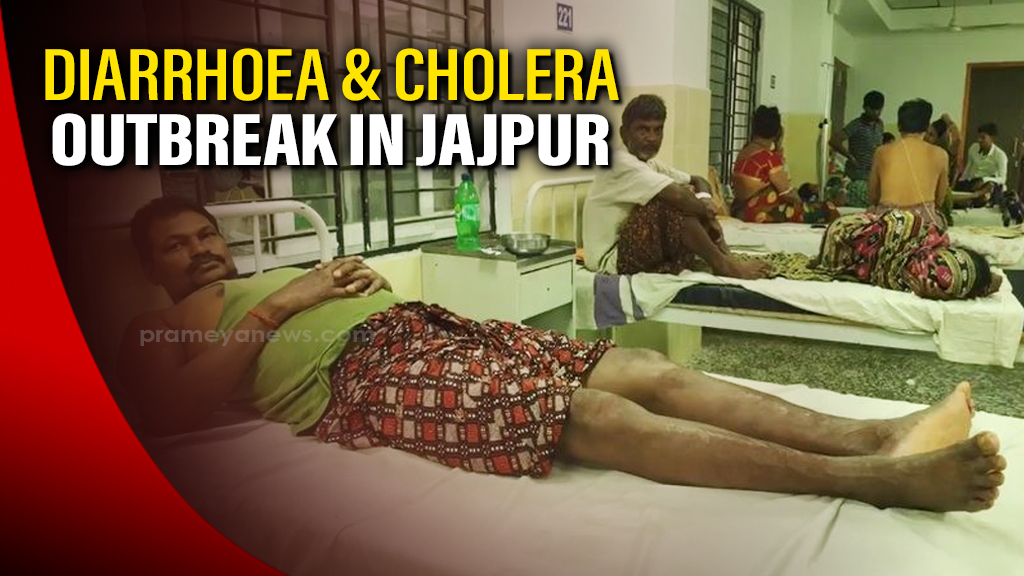A Fatal Bite: When our Greens turn against us
The recent death of a 14-year-old girl in Sri Ganganagar, Rajasthan, after she consumed a pesticide-contaminated cabbage leaf from her family's field, has sent shockwaves through the community and brought to light a grim reality: the food on our plates, even seemingly healthy vegetables, can sometimes harbor hidden dangers. This heartbreaking incident serves as a stark reminder of the pervasive issue of pesticide residues in our food chain and the potentially fatal consequences of consuming produce without proper cleaning. It also raises serious concerns about the types and quantities of pesticides being used in agriculture, particularly on leafy greens, which are highly susceptible to contamination.
Sri Ganganagar Tragedy: A case study in pesticide poisoning
The young girl, on December 18th, unknowingly plucked and ate a cabbage leaf from her family's field, which had recently been sprayed with pesticides. Soon after, she began experiencing nausea and was rushed to a hospital. Despite receiving treatment for nearly a week, she tragically passed away on December 24th. Investigations revealed that the girl's uncle had sprayed the cabbage crop with pesticides, highlighting the critical need for awareness and safety precautions when handling these chemicals. The girl's father registered the case on 25th December.
The Prevalence of Pesticides: A necessary evil?
In modern agriculture, pesticides are often seen as a necessary tool to protect crops from pests and diseases, thereby ensuring higher yields. A report by the International Journal of Current Microbiology and Applied Sciences on cabbage cultivation in Karnataka, India, found that insect pests alone can cause 40% to 100% yield loss annually. The report also highlighted the common use of pesticides like Phenthoate, Profenofos, Chlorpyrifos, Acephate, Monocrotophos, Dichlorvos, and Quinalphos in cabbage farming. The use of these chemicals is widespread, raising concerns about the potential for residue accumulation on produce.
Common Pesticides and Their Dangers:
Here's a closer look at some commonly used pesticides and their potential health risks:
- Organophosphates (e.g., Chlorpyrifos, Malathion): These are neurotoxic insecticides that can affect the nervous system. Symptoms of exposure include headaches, dizziness, confusion, and in severe cases, seizures and respiratory failure.
- Pyrethroids (e.g., Lambda-cyhalothrin): These synthetic insecticides are generally less toxic to humans than organophosphates but can still cause skin and eye irritation, as well as respiratory problems.
- Carbamates (e.g., Carbaryl): Similar to organophosphates, carbamates can affect the nervous system and cause symptoms like nausea, vomiting, and muscle weakness.
- Neonicotinoids (e.g., Imidacloprid): These insecticides have been linked to bee colony collapse and may also have neurotoxic effects on humans.
- Herbicides (e.g., Glyphosate): While primarily used to kill weeds, herbicide residues can also be found on produce. Glyphosate, in particular, has been classified as a probable human carcinogen by the International Agency for Research on Cancer (IARC).
- Pyrinex 48 EC and Perferthion: These two of the most frequently used pesticides, accounting for 12% and 10% of pesticide usage, respectively.
- Pyrethroids and Bypel: The former includes Lambda super, Attack, K-Optimal, PAWA, Regent 50SC, Golan, and Confidor and the latter combines viral and bacterial agents and is effective against insect infestations.
The "Dirty Dozen": Vegetables most prone to Pesticide Residues
The Environmental Working Group (EWG) annually releases a "Dirty Dozen" list, highlighting fruits and vegetables with the highest levels of pesticide residues. Several leafy greens consistently make the list, including:
- Spinach: Often contaminated with organophosphates, which are linked to neurological issues.
- Kale: Can contain residues of herbicides and insecticides, potentially causing digestive problems and long-term health effects.
- Collard Greens: Similar to kale and spinach, collard greens are prone to contamination with a variety of pesticides.
- Tomatoes: Often treated with pesticides to control pests and diseases, potentially posing carcinogenic risks.
- Celery: Known to have high levels of pesticide residues, potentially leading to hormonal disruptions.
The Health Impacts: A range of risks
Consuming pesticide residues can lead to a range of health problems, including:
- Digestive issues: Nausea, vomiting, abdominal cramps, diarrhea.
- Neurological problems: Headaches, dizziness, confusion, seizures.
- Respiratory issues: Shortness of breath, coughing, wheezing, lung irritation.
- Skin and eye irritation: Rashes, redness, itching, allergic reactions.
- Long-Term health risks: Increased risk of certain cancers, hormonal disruptions, weakened immune system, and developmental problems in children.
Towards safer farming and informed choices
The tragic death of the young girl in Sri Ganganagar serves as a powerful and urgent reminder of the need for safer agricultural practices and greater awareness about pesticide residues in our food. While pesticides play a role in modern agriculture, their overuse and improper handling pose significant risks to human health and the environment. This incident underscores the urgent need for stricter regulations on pesticide use, better training for farmers on safe handling practices, and increased investment in sustainable and organic farming methods. Consumers also need to be empowered with information to make informed choices about the produce they buy and consume. Promoting practices like thorough washing, peeling (where appropriate), and choosing organic produce when possible can help minimize exposure to harmful residues. Ultimately, ensuring food safety requires a collective effort from farmers, regulators, and consumers to create a system that prioritizes both productivity and the well-being of people and the planet. The broader implications of this issue extend beyond individual tragedies, highlighting the critical need for a paradigm shift in our approach to agriculture, one that balances the need for food security with the imperative of protecting human health and environmental sustainability.







